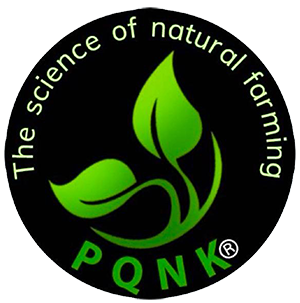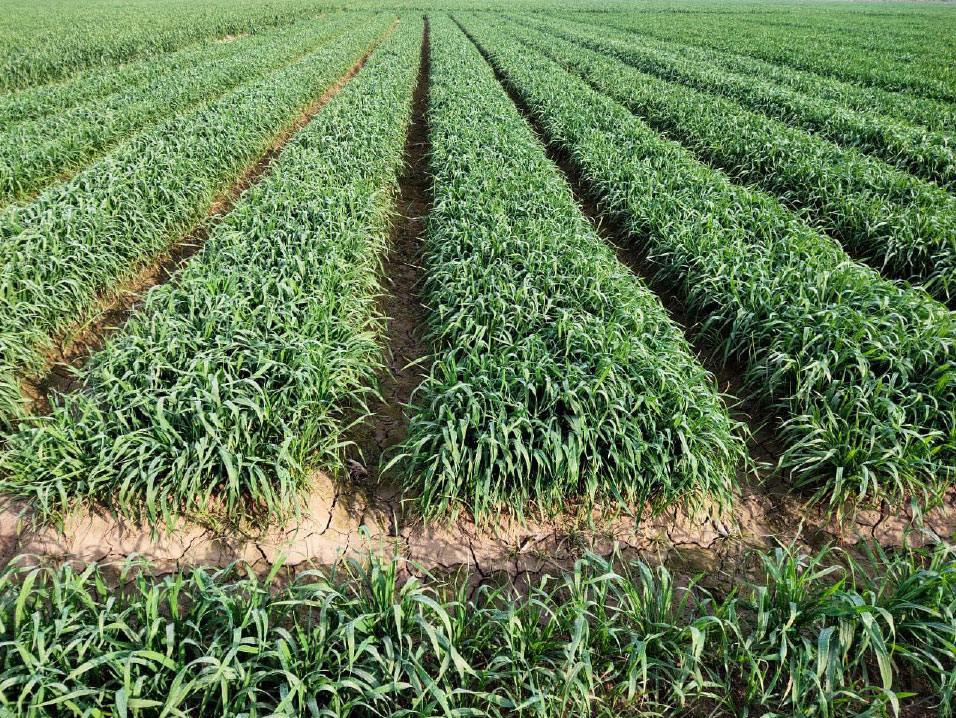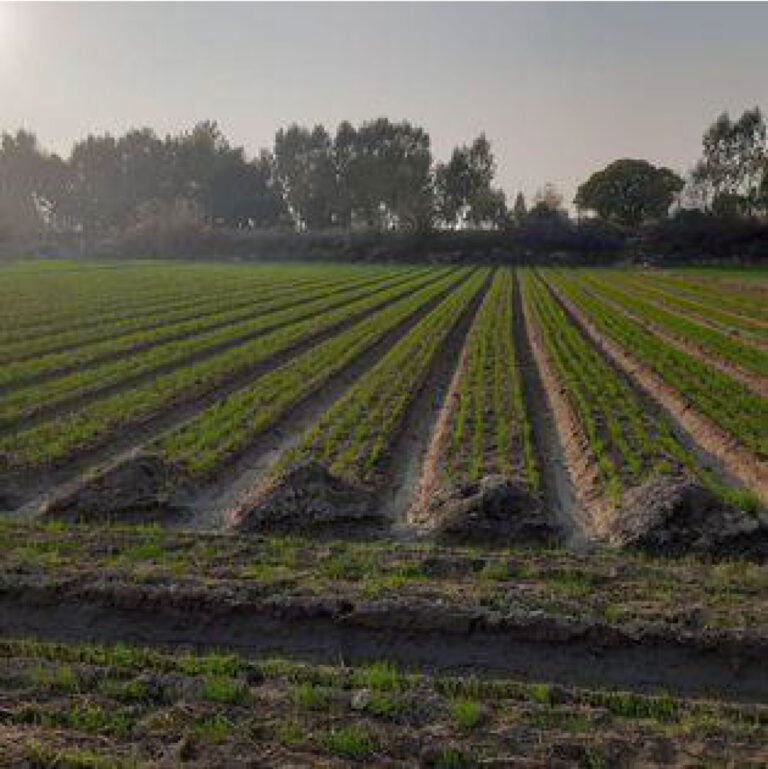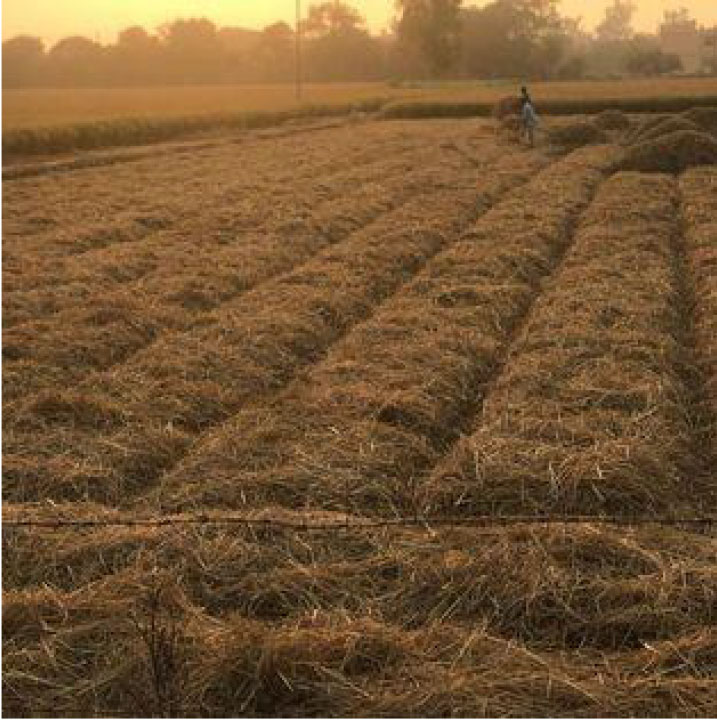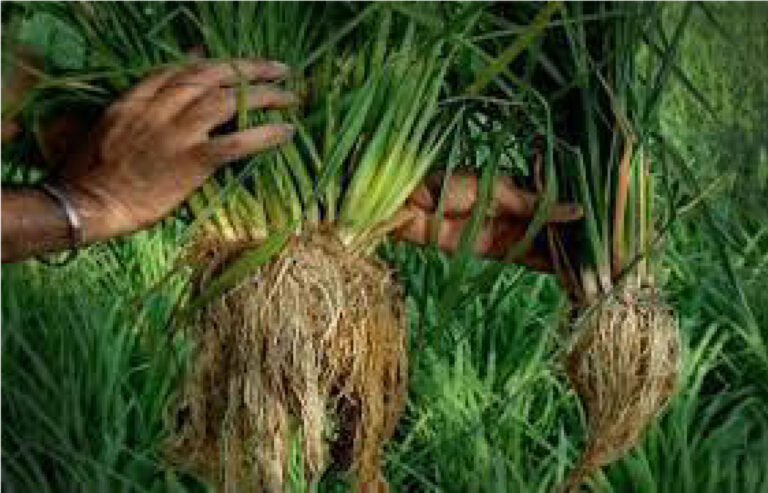The PQNK system has been adopted by tens of thousands of Pakistani farmers because of the economic benefits it brings. Crops’ performances improve under PQNK because of the better soil environment created by the system. Root systems and canopies get bigger thanks to the optimised plant spacing and breaking the hardpan also gives space for the roots to expand. It all adds up to an increased availability of water and nutrients in the soil. Plants with improved phenotypic traits are not only more productive but also more resistant and resilient against the effect of extreme weather events. PQNK practices result in a natural plant protection and nutrition system that protects the plants against the attacks of pests and diseases and optimises the food uptake of the plants. This lowers the risks for farmers while also reducing the costs related to the use of agrochemicals that negatively affect life in the soil. Also, the reduced amount of labour connected to the adoption of permanent no-till mulched raised beds further cut production costs. Lower costs and better yield in quantity and quality result in greater profit for farmers, as reported in the table below, which is what makes PQNK so attractive among Pakistani farmers.
The positive environmental externalities have great importance in terms of resource conservation and ecosystem restoration. By being completely organic and by avoiding tillage, PQNK systems minimise water and soil contamination while enhancing carbon sequestration and soil biological activities. Moreover, by breaking the hardpan, allowing the rain and pumped-up irrigation water to seep back into the soil, the aquifers are replenished. Also, by avoiding flooded conditions in rice cultivation, PQNK systems highly reduce methane emissions.


